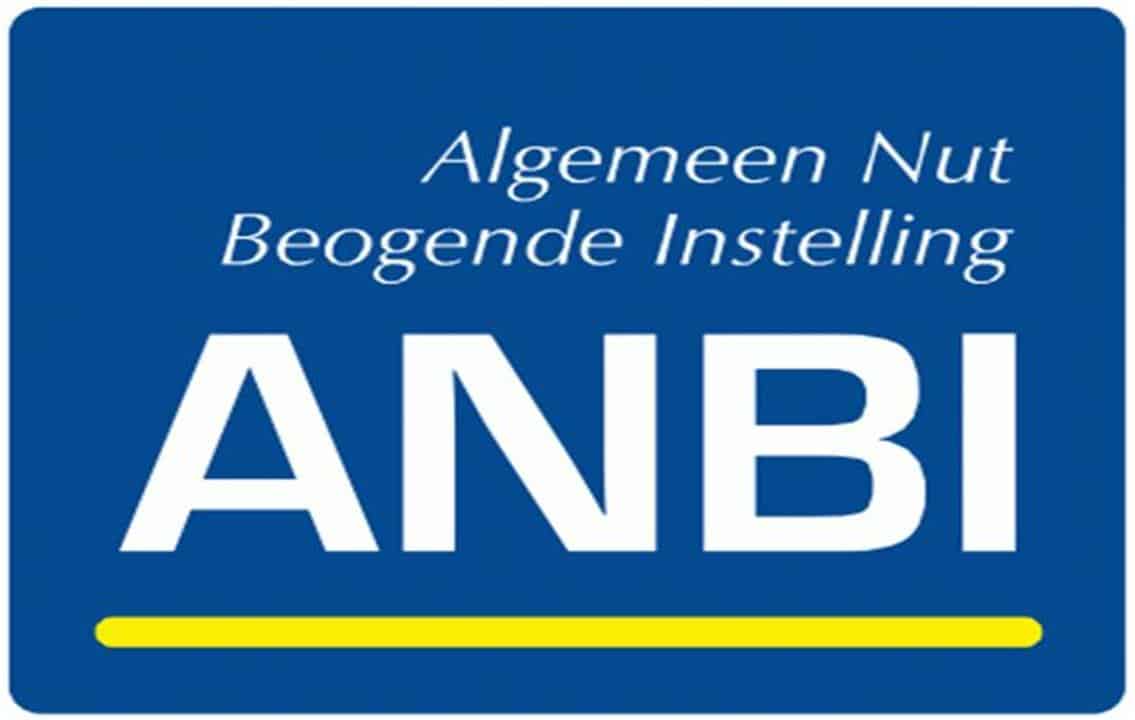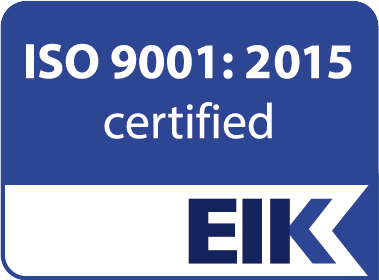Across the Middle East and North Africa (MENA), civil society faces significant challenges that limit their ability to carry out their work. Some of the factors leading to the shrinking of the civic space include operational limitations due to Countering Financing Terrorism (CFT) measures, security threats in conflict and post-conflict contexts, high levels of distrust of civil society, etc. These constraints directly affect important human rights such as freedom of speech, expression, assembly, and association.
In response to these challenges, the Civic Horizons project emerges as a collaborative initiative implemented by HSC together with a consortium of six organisations across the MENA region. This project is dedicated to fostering a vibrant civic environment that upholds human rights, democracy, and fundamental freedoms across Morocco, Tunisia, Libya, Iraq, Jordan, and Lebanon. To learn more about the project visit the Q+A section below.
Frequently asked questions
-
The Civic Horizons project is led by the Arab Institute for Human Rights and involves a consortium including Human Security Collective, New Tactics for Human Rights, Munathara Initiative, Arab Women’s Organization, Fezzan Libya, and Al Iraqi Al Amal Association. The project is co-funded by the European Union.
-
The project's main aim is to work toward a future where Civil Society members and communities, especially Youth, Women, and Marginalized groups (YWM), actively contributes to building a civil society environment that promotes human rights, democracy, and fundamental freedoms across the MENA region.
-
HSC contributes to the 'Civic Horizons' project in two distinct roles.
We work closely with community leaders, civil society members, and youth to facilitate participatory action research, ensuring that voices often marginalized are brought to the forefront. This process guides the development of initiatives aimed at addressing human security concerns within local communities.
In parallel, HSC engages with diverse civil society organisations and actors to comprehend the challenges associated with the shrinking of civic space. These insights directly inform the advocacy efforts undertaken by consortium partners and civil society actors within the project. Our focus is on fostering collaboration and mobilizing stakeholders, particularly around addressing constraints related to civic engagement.
-
Participatory Action Research (PAR) is a collaborative and empowering approach to research in which individuals and communities actively engage in investigating and addressing issues that directly impact them. The essence of PAR lies in its commitment to embrace a wide range of voices present within a community, ensuring inclusivity throughout the research process.








